Forum: Outreach needed to expand health care access for uninsured NJ children
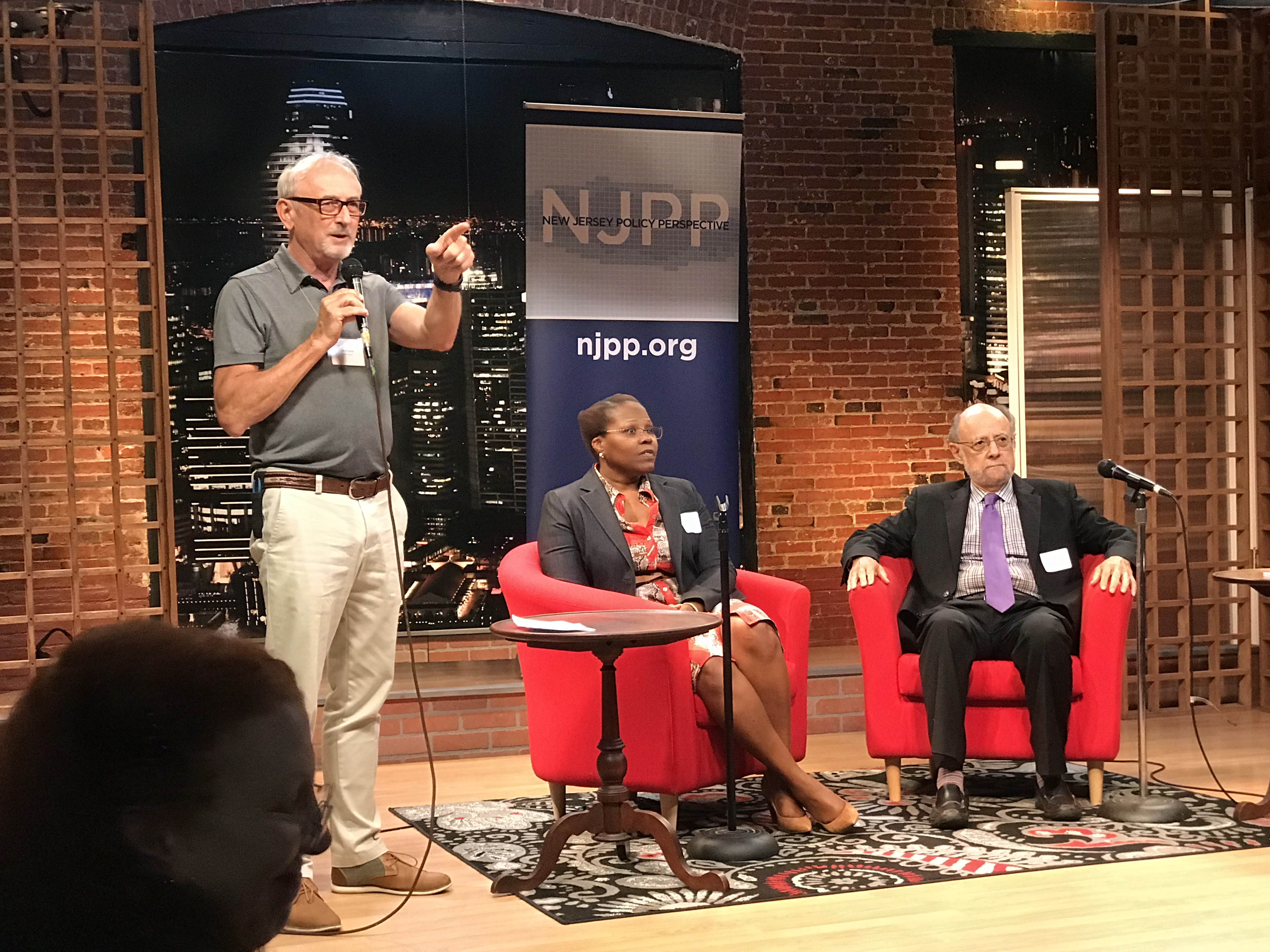 New Jersey lags behind many other states in making sure its youngest residents have health coverage, with 78,000 children – primarily kids of color and those in low-income communities – uninsured.
New Jersey lags behind many other states in making sure its youngest residents have health coverage, with 78,000 children – primarily kids of color and those in low-income communities – uninsured.
That lapse comes despite research showing that uninsured kids tend to have poorer health into adulthood, avoidable hospitalizations, missed diagnoses for serious health conditions, higher school absenteeism, and more. Even worse, most – 58 percent – of those uninsured children qualify for coverage but don’t enroll because their families don’t know about it, distrust authorities, or face some other barrier.
That’s why nonprofits and advocates that are trusted in their communities play a critical role in expanding healthcare access for the state’s children and erasing the inequities that create barriers to care, two local experts agreed at a forum Thursday afternoon in Bordentown.
Creating a groundswell
The New Jersey Policy Perspective (NJPP), a Trenton-based think tank that works to advance economic justice, hosted the “It’s Time for All Kids Health Coverage” conversation at Riverview Studios, whose owner Jim Parker is a NJPP trustee.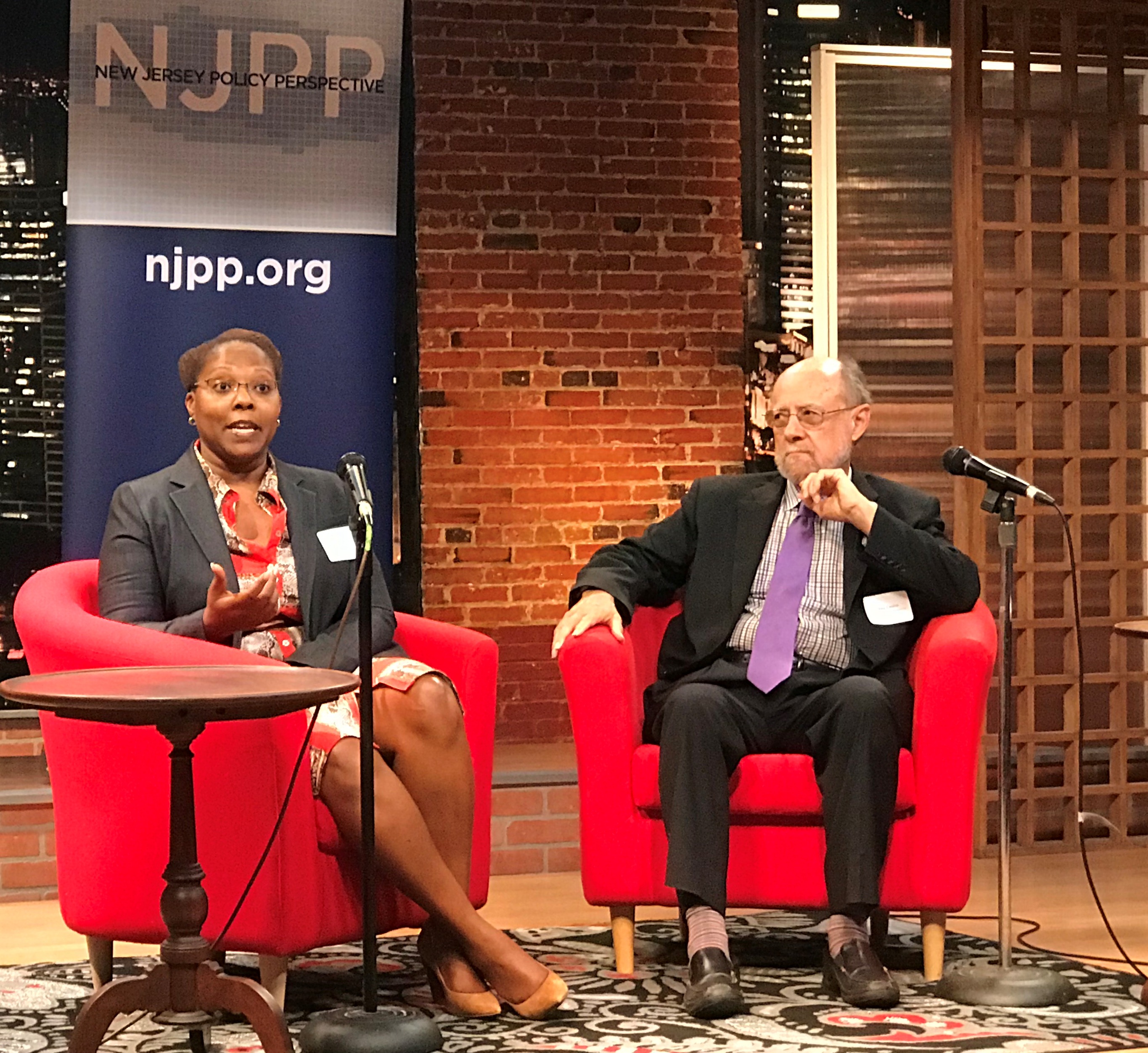
Dr. Kemi Alli, CEO of the Henry J. Austin Health Center in Trenton, and Ray Castro, the NJPP’s health policy director, spoke to a packed room that included representatives from groups that serve the state’s most vulnerable residents, including Catholic Charities, Diocese of Trenton; HomeFront; Rescue Mission of Trenton; Anti-Poverty Network; Trenton Area Soup Kitchen; New Jersey Health Care Quality Institute; Blue Cross Blue Shield; and others.
“I think that we can be the groundswell that leads to a consensus that can make healthcare more affordable and accessible to children,” Parker (pictured, above left, with Alli, center, and Castro, right) told the crowd. “Healthy children mean a healthy New Jersey. (Universal health coverage for children) is good for all of us.”
Alli, a pediatrician by training, questioned a system that requires all children go to school – but not have health care coverage.
“We know that sick children can’t learn, so why don’t they (education and health care) go hand in hand?” she said.
Caregiver coverage key too
She also talked about “an invisible umbilical cord” linking children’s health and happiness to that of their parents.
“How can we have a healthy child if we have a mother who’s chronically depressed, or a primary caregiver who’s got debilitating diabetes? When we think of health care for children, we have to think about health care for primary caregivers as well,” she said. 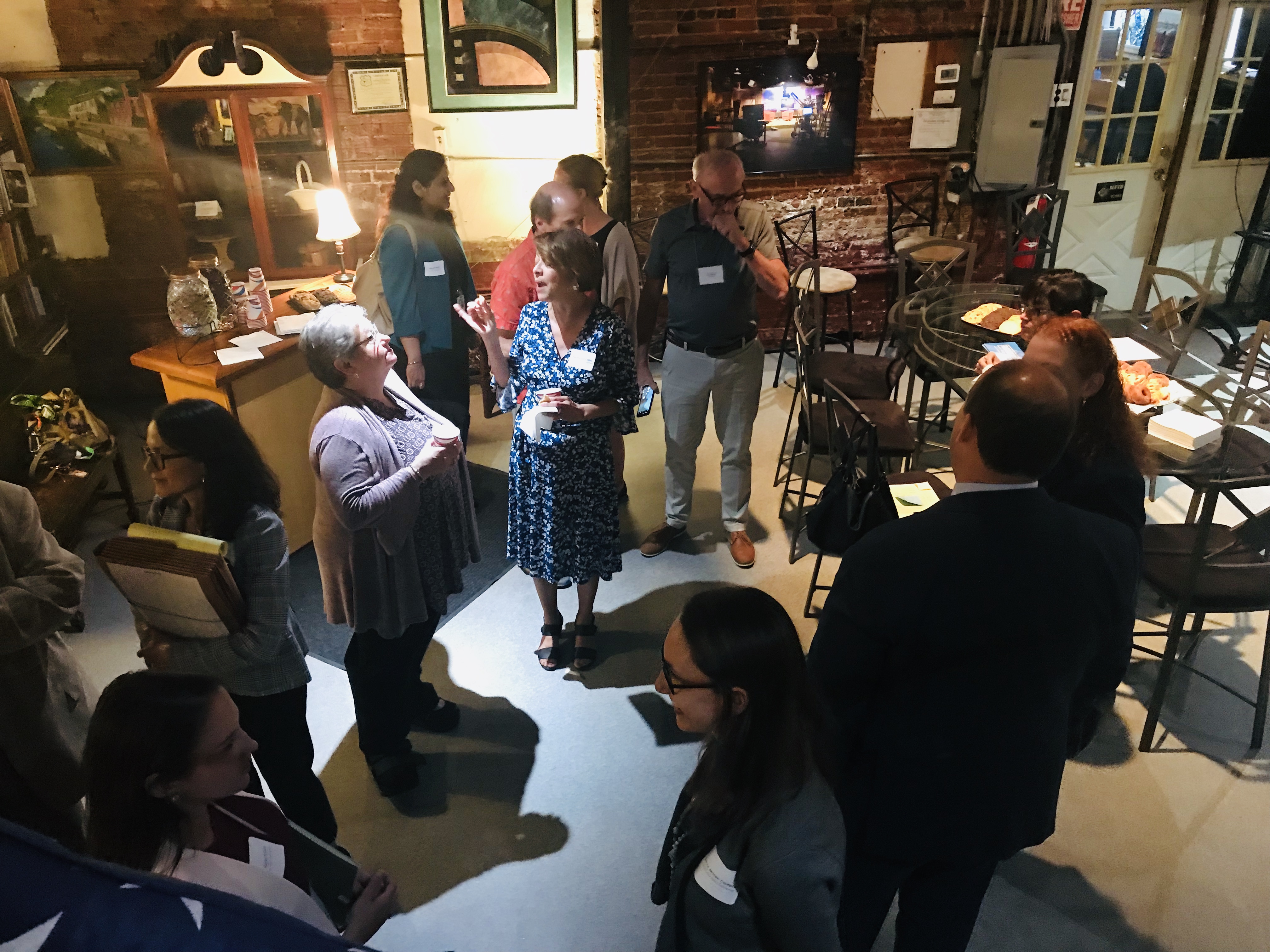
Because health problems, inequities, and trauma in childhood can have lifelong impact, she added, “if we attempt to get it right, not only can we create a happy, healthy human being, we affect generations to come.”
An action plan
Castro said three things are needed to ensure health coverage for all kids:
- The government should fund community outreach efforts. “You can’t reach them simply by putting a billboard on a bus,” he said. “You have to go into the community and knock on doors, sometimes many times.”
- Remove administrative barriers, such as premiums for families in the federal Children’s Health Insurance Program, or CHIP, and eligibility restrictions based on immigration status.
- Eliminate the 90-day waiting period. New Jersey now requires children be uninsured for 90 days before they can enroll in CHIP, creating an unnecessary gap in coverage and care.
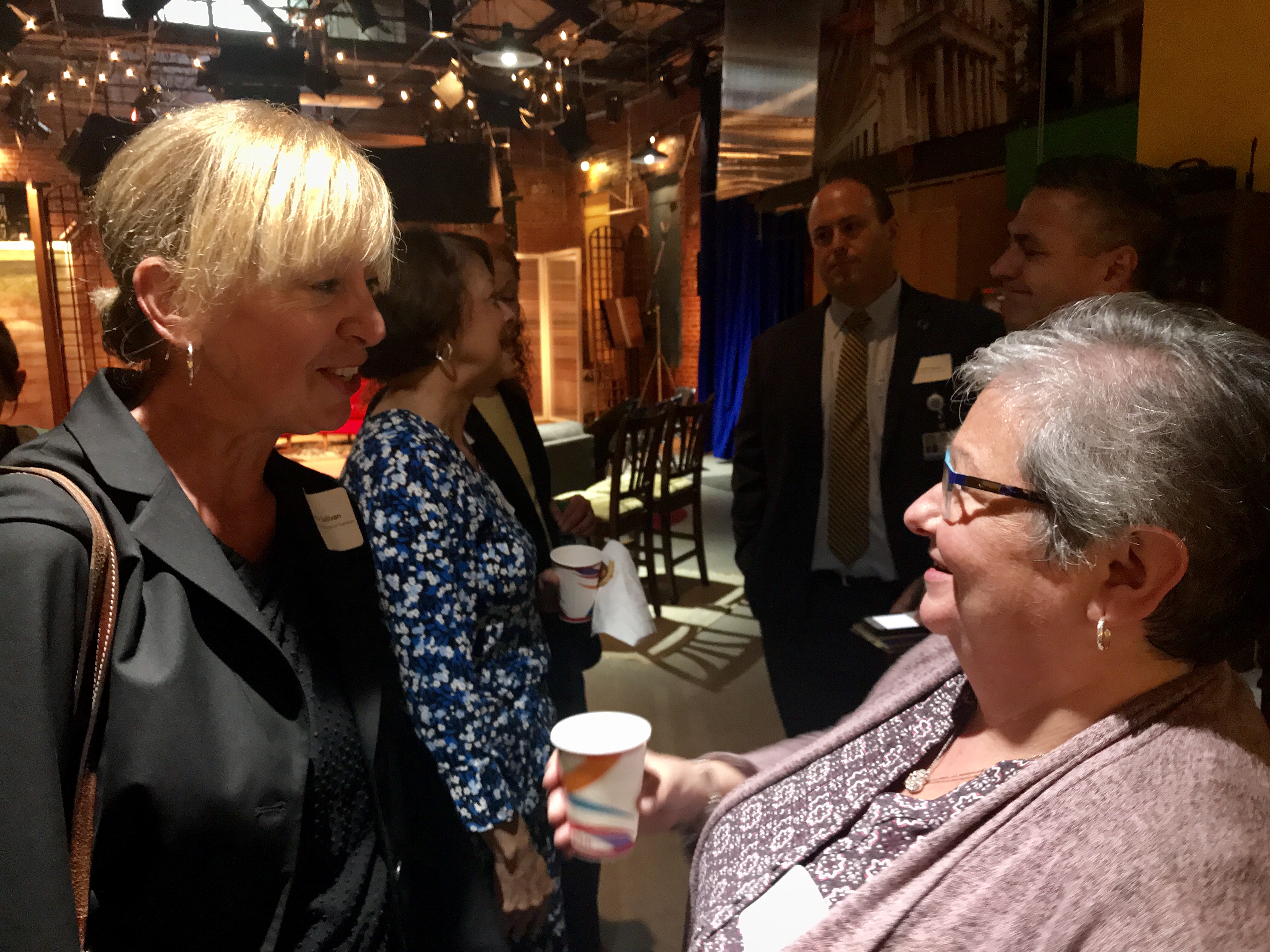
Castro said the NJPP is working with state lawmakers to introduce a bill in November that would create universal health coverage for children.
Alli, Castro, and others also talked about how structural racism and poverty damage health outcomes for children.
“Kids can’t be healthy if their communities aren’t healthy, in terms of housing, environment, wages, and a whole host of things,” said Brandon McKoy, NJPP president.
For further reading
The New Jersey Policy Perspective has a compelling, research-packed position paper on this. Click here to read it.
NBC News examined the trend from a national perspective. Read that here.
Subscribe for more news 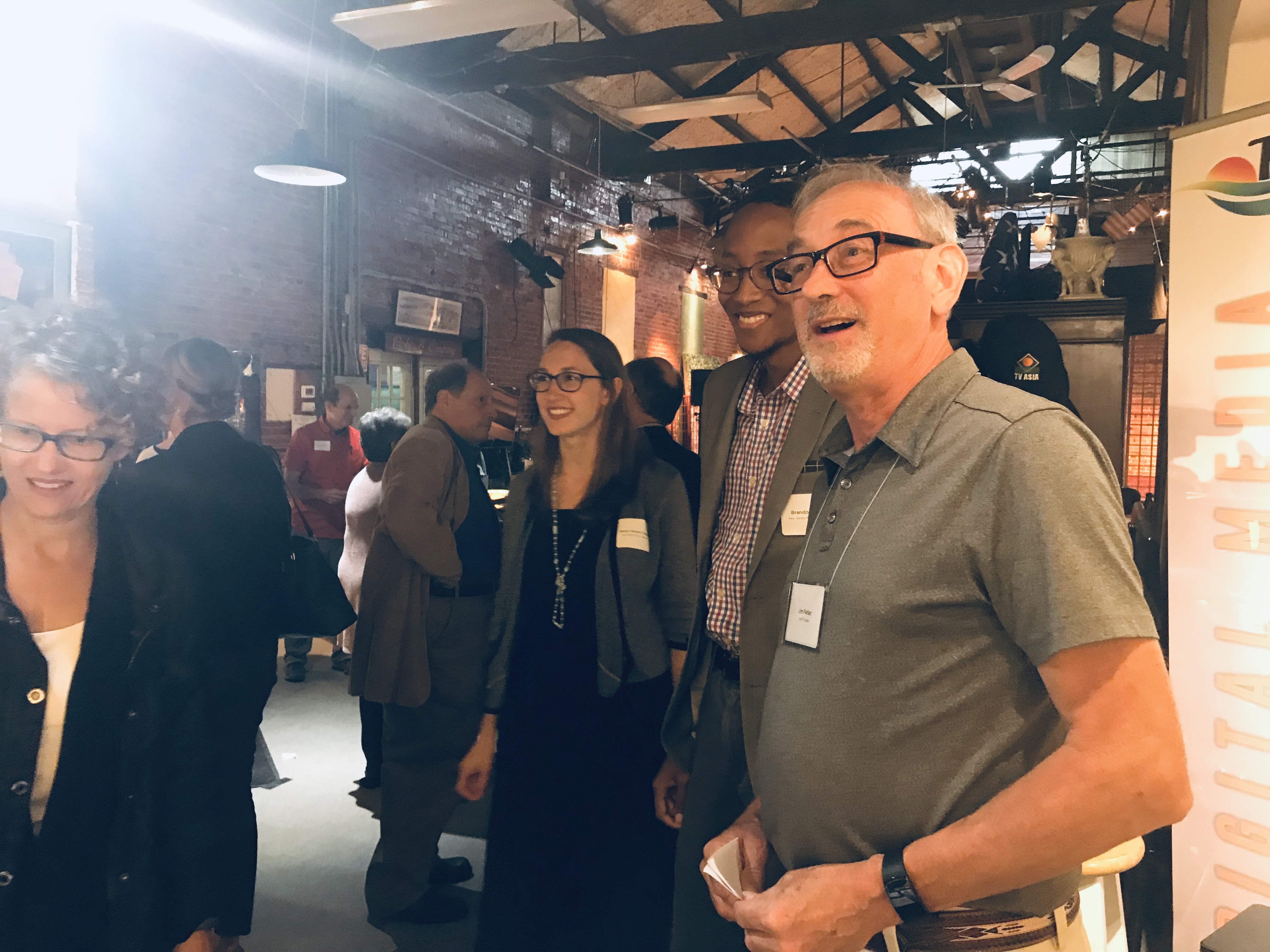
To subscribe to our blog posts and news releases, fill out the fields below.